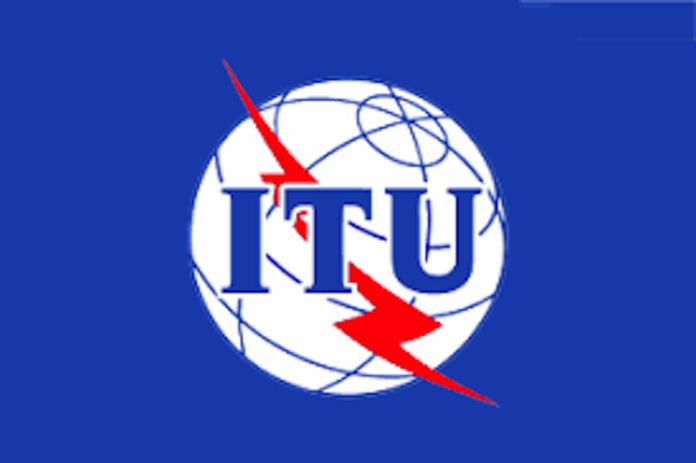The ongoing World Radiocommunication Conference 2023 (WRC-23), organised by the International Telecommunications Union (ITU), which opened Monday in Dubai, United Arab Emirates, is currently reviewing the Radio Regulations, as well as the international treaty governing the use of spectrum and geostationary and non-geostationary satellite orbits.
The conference offers opportunity for governments all over the world to negotiate on the allocation of radio-frequency spectrum, which has become a scarce commodity globally.
During the opening ceremony of the conference, United Nations Secretary-General, António Guterres, noted that the World Radiocommunication Conference, remained a testament to the power of international cooperation in tackling global challenges.
In the message delivered on his behalf, Guterres added: “Radio frequencies, whether on Earth or in space, form the backbone of advanced communications for all of humanity. From education to healthcare, from agriculture to climate monitoring, expanding radiocommunication services and bridging the digital divide is key to reducing inequalities and advancing the Sustainable Development Goals.”
Much of the technology in everyday life uses radio-frequency spectrum, allocated by ITU’s world radiocommunication conferences, and the spectrum has become scarce globally, prompting most countries, Nigeria inclusive to device new ways of managing spectrum allocation.
In order to deepen broadband penetration and 5G rollout in Nigeria, telecoms operators are beginning to acquire spectrum that are not in use from other telecoms operators.
The Nigerian Communications Commission (NCC), recently gave approval to MTN to acquire the spectrum of OpenSkys Services Limited, an indigenous Nigerian telecommunications company that was licensed by NCC to offer telecommunications services on the 450MHz spectrum band.
In 2016, MTN Nigeria completed the process for the acquisition of the spectrum of Visafone, which includes the acquisition of the telecoms company, to enable it to deepen its broadband penetration across the country.
Recent studies by the ITU and sundry international organisations have indicated a correlation between having access to broadband and the growth of a country’s Gross Domestic Product (GDP). An ITU Global Connectivity Report 2022, which provides a detailed assessment of the current state of broadband connectivity and presents solutions to meet this new imperative, notes that: “In the last 30 years, the number of internet users surged from a few million to almost five billion. Yet, the potential remains untapped because one-third of humanity remains offline, and many users only enjoy basic broadband connectivity.”
Speaking about the need to effectively manage spectrum across various countries at the ongoing World Radiocommunication Conference 2023 in Dubai, ITU Secretary-General, Doreen Bogdan-Martin, said: “Equitably managed spectrum and the associated satellite orbits are among the best tools in our toolbox to make good on our commitment to build a digital future that works for everyone and for our planet.”
The Director General of the UAE Telecommunications and Digital Government Regulatory Authority (TDRA), Majed Sultan Al Mesmar, said: “With the broad horizons that spectrum brings in the fields of smart cities, digital economy, knowledge society, space and others, we are confident that this conference will achieve the results that meet the expectations and aspirations of our peoples.”
The Director of ITU’s Radiocommunication Bureau, Mario Maniewicz, said: “This conference will revise and update the Radio Regulations to support the introduction of new radio-based technologies, systems, technologies and services and their growing spectrum requirements while continuing to protect the vital radio services we rely on today.”
The WRC-23 agenda includes: Identifying additional frequency bands for the continued development of International Mobile Telecommunications (IMT);
Improvements to the international regulatory framework for geostationary orbit (GSO) and non-geostationary orbit (NGSO) satellites while promoting equitable access for all countries; New spectrum to enhance radiocommunications in the aeronautical mobile service, including by satellite, and to facilitate the use of the space research and Earth exploration-satellite services for climate monitoring, weather prediction and other scientific missions, among others.























